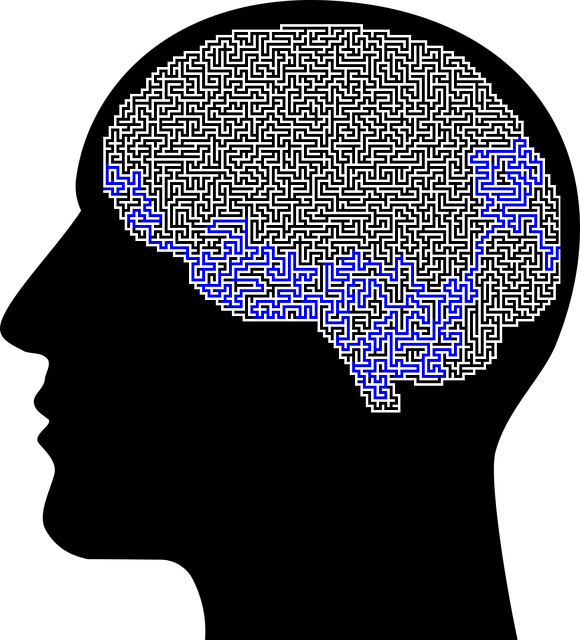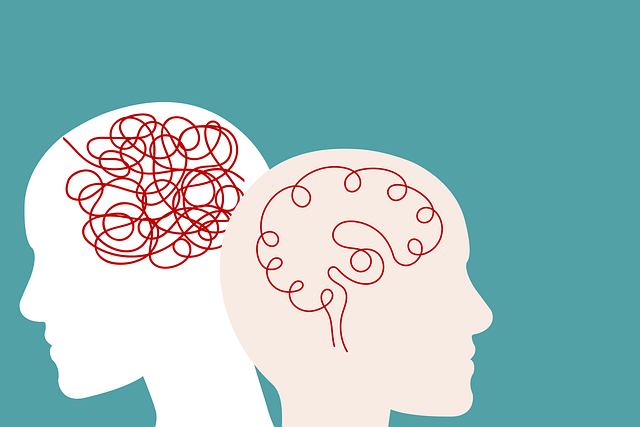Resilient Focused Therapy (RFM) is an innovative, evidence-based approach to therapy for grief counseling that addresses root causes rather than just symptoms. By cultivating resilience through self-reflection, emotional exploration and powerful coping strategies, RFM equips individuals to navigate grief healthily, adapt to change, and experience personal growth. This model integrates compassion and self-care practices, benefiting those facing stress, anxiety or burnout. RFM, akin to nurturing a garden, provides a safe space for emotional processing in a supportive environment. Success is measured through multifaceted assessment, tracking clients' progress in building resilience and enabling them to face future crises with enhanced adaptability.
Resilience is a powerful tool in navigating life’s challenges, especially during grief. This article explores the innovative approach of integrating RFM (Resilience, Flexibility, and Mastery) into therapy for grief counseling. We delve into how RFM exercises enhance emotional well-being, offering a supportive framework to build resilience. By understanding this model, mental health professionals can provide effective guidance post-loss. Through implementing these strategies in a nurturing environment, individuals find strength to heal. Additionally, we discuss measuring progress and fostering continuous growth for long-lasting resilience.
- Understanding RFM: A Therapy Model for Grief Counseling
- The Importance of Resilience Building Exercises
- Implementing RFM in a Supportive Environment
- Measuring Success and Continual Growth
Understanding RFM: A Therapy Model for Grief Counseling

Understanding RFM, or Resilient Focused Therapy, offers a powerful framework for grief counseling, addressing not just the symptoms but also the underlying causes of grief and loss. This therapy model recognizes that grieving is a complex process that involves various stages and emotional responses. By employing evidence-based techniques, it guides individuals through their journey of healing. RFM focuses on cultivating resilience, enabling clients to navigate their grief in healthier ways and adapt to life changes.
The approach incorporates mental health awareness by encouraging self-reflection and the exploration of thoughts and feelings. It promotes mind over matter principles, teaching individuals coping strategies to manage intense emotions. Through this therapy, emotional healing processes are facilitated, allowing people to process their loss, develop new coping mechanisms, and foster personal growth.
The Importance of Resilience Building Exercises

Resilience building exercises are a crucial component in enhancing mental health and well-being, especially in today’s fast-paced world where stress, anxiety, and burnout are prevalent. These exercises serve as a form of therapy for grief counseling, helping individuals navigate through life’s challenges and trauma. By incorporating practices that cultivate compassion and self-care into daily routines, people can develop the tools necessary to cope with difficult situations.
In terms of burnout prevention, resilience training empowers individuals to recognize and manage their emotional responses effectively. This is particularly beneficial for those in demanding professions or personal circumstances, enabling them to maintain a healthy work-life balance. Moreover, compassion cultivation practices have been shown to reduce symptoms of depression and increase overall life satisfaction, fostering a sense of inner strength and peace that transcends external challenges.
Implementing RFM in a Supportive Environment

Implementing RFM (Resilience and Emotional Strength Model) in a supportive environment is akin to nurturing a garden with care and attention. Just as plants need the right soil, sun, and water to thrive, individuals require a safe, non-judgmental space to explore and process their emotions. This supportive setting facilitates the cultivation of resilience through effective therapy for grief counseling, enabling clients to develop coping skills that enhance their emotional well-being promotion techniques.
By integrating RFM into therapeutic practices, mental wellness coaching programs can be designed to meet the unique needs of each individual. This personalized approach not only supports the development of robust coping skills but also fosters a sense of empowerment. The focus on emotional resilience is particularly beneficial for those navigating challenging life situations, helping them to adapt and flourish despite adversity.
Measuring Success and Continual Growth

Measuring Success and continual growth are integral components of any effective therapy program, especially in the realm of grief counseling. By setting clear goals and employing robust assessment tools, mental health professionals can accurately gauge the progress of clients engaging in resilience-building exercises. This involves both qualitative and quantitative methods to capture changes in emotional well-being, coping mechanisms, and overall adaptability to challenging situations. For instance, using standardized questionnaires alongside client narratives allows for a comprehensive understanding of their experience.
Success in this context is not merely about reaching specific milestones but fostering sustainable growth. It means equipping individuals with the tools to navigate future crises with enhanced resilience, thus reducing reliance on long-term therapy. In line with Crisis Intervention Guidance and Risk Management Planning for Mental Health Professionals, this holistic approach ensures that clients develop personal strategies to manage grief and stress effectively, leading to improved mental health outcomes.
The implementation of RFM, as a therapy model for grief counseling, offers a supportive framework for individuals navigating their losses. Resilience building exercises play a crucial role in enhancing coping mechanisms and fostering emotional well-being. By creating a safe environment, professionals can effectively guide clients through the process, allowing them to measure their progress and encourage continuous growth. This approach not only aids in healing but also equips individuals with the tools to navigate future challenges, ensuring long-term resilience.














